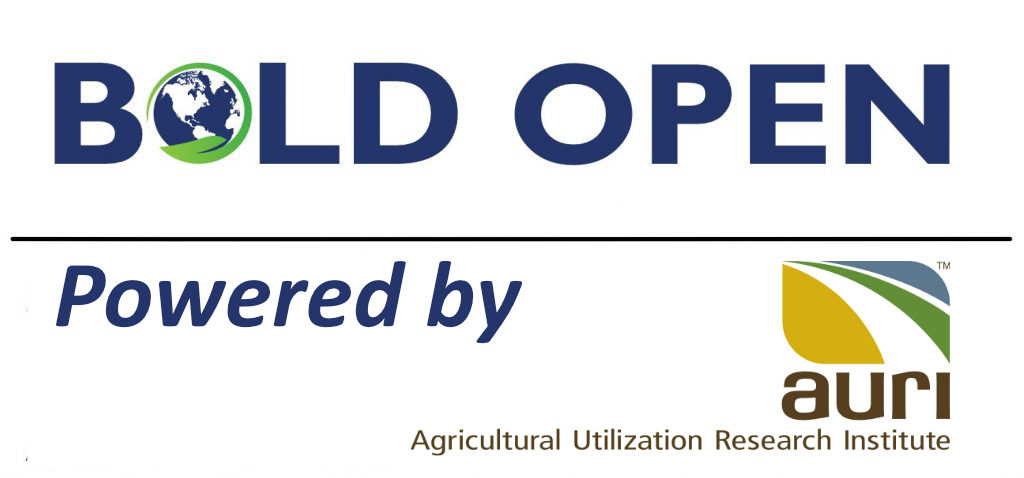
Expanding Profitable Wheat Production into Southern MN
Company Background
Minnesota Wheat Research and Promotional Council (MWRPC) is comprised of MN Wheat Producers and funded through a checkoff program of $0.02/bushel sold. The MNWRPC strives to improve the profitability of producers and meet the market demands of consumers by strengthening existing markets and developing new markets, encouraging and supporting research to optimize grower and user benefits, and promote and provide education regarding wheat to both consumers and producers.
Open Innovation Challenge
Develop a farm plan that quantifies and illustrates how wheat is profitable in Southern Minnesota in traditional Corn/Soybean rotations.
Reason for Seeking External Innovation Partnership
With the increased focus on sustainability, soil health, crop rotations to manage weed and disease resistance, as well as enhanced interest in cover crops in agriculture production, this challenge focuses on exploring opportunities to partner with new or existing market channels, to utilize new agronomic or farming practices, or to utilize a new production system to demonstrate the profitability of wheat production in Southern Minnesota to increase the amount of wheat acres planted, grown, and harvested in the state.
Scope of Solution Space
Production Crop Agriculture south of Hwy 200 in Minnesota.
Proposal Response Date Deadline
August 28, 2020
Website Link
www.mnwheat.org and www.boldopenmn.com
Contact Information
AURI / Bold Open – boldopen@auri.org
The Minnesota Wheat Research and Promotion Council (MWRPC) began operations in July 1977, as noted in a 1980 Legislative Auditor report. The Council works with the Minnesota Association of Wheat Growers, an advocacy group and member of the National Association of Wheat Growers, on grower education and promotion of the wheat industry.
Funding for the MWRPC is generated through commodity check offs, also known as a promotional order, which directs a small amount of money from each sale of wheat to the council. The council directs those funds to develop new wheat varieties, improve production, find new uses and help promote wheat exports and domestic uses of wheat.
